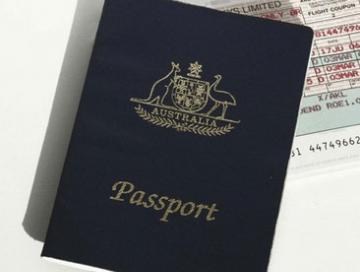7 results, showing 1 to 7

… multiple reports of phishing scams sent via email or text message that claim to be providing official … . “Understandably, people want information on the pandemic, but they should be wary of emails or text messages … fears around coronavirus and selling products claiming to prevent or cure the virus. Australians should…

… also warned consumers to be wary of emails or text messages claiming recipients have won tickets in … Ticket scams emerge around popular music and sporting events; and the World Cup tournament in South Africa is no different. These include fraudulent travel packages, individuals trying to sell tickets they don’t possess and bogus websites or emails claiming to sell tickets. Scammers will go to great lengths…

… such as falsely selling coronavirus-related products online, and using fake emails or text messages to try … about the coronavirus, being sent by text, social media and email products claiming to be a vaccine or cure for the coronavirus investment scams claiming coronavirus has created opportunities. … or click on links in emails, text messages or social media messages you’ve received from strangers — just press delete. Never respond to unsolicited messages and calls that ask for personal or financial details…
… or a benefit, or claim that you are in trouble.” “Do not click on any links in messages that come to you out … reports that Scamwatch received so far this year, 113,000 were about phone scams. Scammers call or text people and claim to be from well-known businesses or government to steal people’s personal information…

… is fake parcel delivery notifications via text message or email. “Australia Post will never ask you … a fake item or nothing at all.” “They also post fake ads on classified websites, often claiming…

…, and scammers are now using the COVID-19 pandemic to claim higher transportation costs to get across closed … , as you’re likely to be dealing with a scammer if you find matching images or text on multiple websites,” Ms…

…You are searching for a holiday online and come across an amazing package that you decide to sign up for. Shortly afterwards, you receive a notification out of the blue by phone, text, email or post claiming that you have won a prize comprised of travel vouchers, often worth $2000 or $3000. Alternatively … In April the ACCC issued a SCAMwatch alert on a travel scam where scammers posing as Qantas staff claiming that they’ve won a credit towards their next holiday: Automated scam calls claiming to be from Qantas with bogus holiday win . Stay one step ahead of scammers – follow @SCAMwatch_gov on Twitter or…



